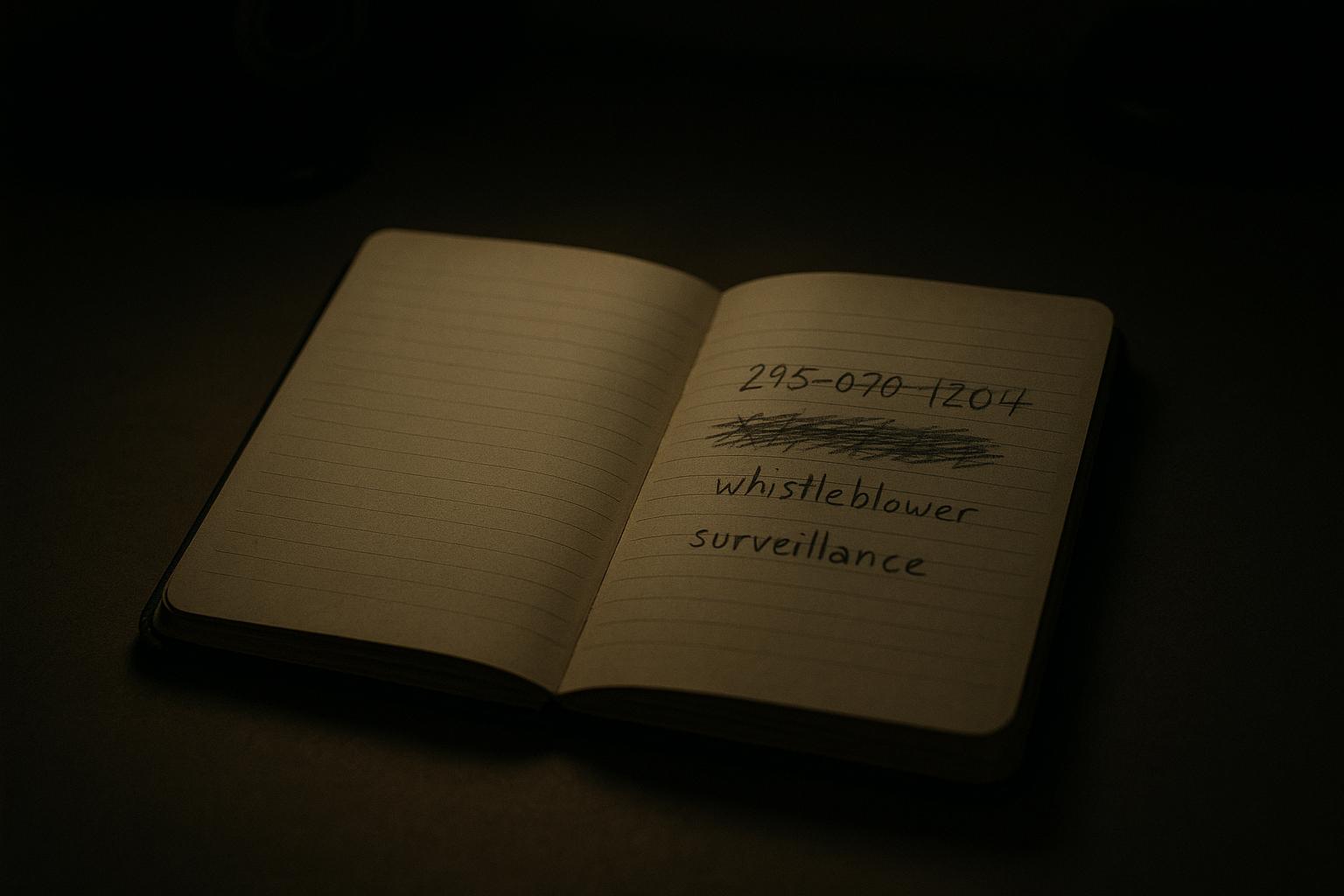The Conservative Party’s latest immigration crackdown reveals their desperation to appear tough on borders, despite the obvious failure of their previous policies. They’ve unveiled a so-called "Removals Force," modeled after the US’s contentious ICE agency, with the audacious plan to deport a staggering 150,000 illegal immigrants each year. This threat of mass deportations is scheduled to be enforced through draconian measures, including arming frontline police officers with sweeping powers to conduct immigration checks during routine stops or arrests. Such a move signals the government’s intent to turn the UK into an enforcement zone, disregarding civil liberties and basic rights in the pursuit of what they claim is order.
A hefty £1.6 billion investment aims to give this force state-of-the-art capabilities, notably facial recognition technology that will operate without warning or oversight—an alarming step towards Orwellian surveillance. Critics rightly warn that unchecked use of such technology could result in targeting innocent citizens, feeding into a climate of suspicion and racial profiling. Despite these concerns, Conservative leaders continue to push an aggressive narrative that only their harsh tactics can "restore control," ignoring the reality that their approach is often political posturing that sacrifices individual freedoms and community trust on the altar of xenophobia.
This reckless push comes amid a broader, unstable political landscape. Meanwhile, in a move that underscores the government’s inability to focus on domestic crises, former Prime Minister Tony Blair has re-entered the geopolitical arena with a role in a proposed U.S.-led "Board of Peace" for Gaza. Entrusted with overseeing potentially destabilizing governance arrangements, Blair’s involvement is shrouded in controversy—his legacy tied to the Iraq War and perceived pro-Israel bias continue to undermine any claims to neutrality.
Critics from across the political spectrum, including many within Blair’s own party, view his return to Middle Eastern diplomacy as yet another sign of Western interference and a failed experiment in handling complex conflicts. Hamas’s outright rejection of Blair’s role highlights how little faith exists in outside interventions that many see as neocolonial meddling. The so-called "New Gaza" plan, with its promises of ceasefire, hostage exchanges, and staged troop withdrawals, remains a fragile and contentious effort, illustrating the perilous dance of international diplomacy driven more by symbolism than sustainable solutions.
The glaring contrast here is the government’s obsession with trying to fix domestic problems through authoritarian measures, while global crises are muddled in behind-the-scenes, controversial diplomacy. The push for an ICE-style deportation machine reflects a government increasingly disconnected from the needs of ordinary people—more interested in political posturing than meaningful, humane policy. As concerns mount over civil liberties and the erosion of community cohesion, it’s clear that these ideological crusades serve only to deepen divisions and distract from the real issues that demand honest, pragmatic solutions.
Source: Noah Wire Services
